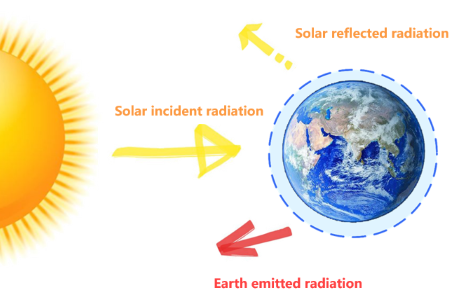
A research team led by Prof. XIAO Kai from the Yantai Institute of Coastal Zone Research of the Chinese Academy of Sciences, has systematically elucidated the transformation and transport processes of nutrients in intertidal groundwater. The team employed a combined methodological approach, including multi-depth groundwater sampling, dynamic monitoring, stable isotope tracing, and multivariate statistical analysis. Their findings provide scientific evidence to deepen understanding of the terrestrial drivers of nearshore eutrophication.

A research team led by Prof. YAN Hong from the Institute of Earth Environment of the Chinese Academy of Sciences, in collaboration with Australian scholars, reconstructed Australian summer monsoon (AuSM) variability over the past 13.5 ka using a 5.13-m-long sediment core from Bromfield Swamp in the tropical monsoon region of northern Australia.
A research team from the Institute of Geochemistry of the Chinese Academy of Sciences, together with collaborators, used complementary molecular dynamics simulations, combining ab initio and deep-learning potential methods. Their findings reveal that under deep lower mantle and core–mantle boundary (CMB) conditions, water and the key hydrous mineral δ-AlOOH enter a superionic state—which combines features of a solid crystal lattice with liquid-like mobile ions—thereby fundamentally altering their stability and dehydration behavior.
A research team from the Institute of Earth Environment of the Chinese Academy of Sciences used online observation techniques to characterize the δ18Ov, δ2Hv and d-excessᵥ isotopic compositions of water vapor produced by the combustion of coal, natural gas and liquefied gas, as well as water vapor emitted from vehicle exhaust.

A research team led by the Institute of Atmospheric Physics of the Chinese Academy of Sciences (CAS) has confirmed that lunar observations provide a unique solution to accurately capturing Earth's outgoing radiation—an essential step in understanding the planet's radiation budget, which is closely tied to global climate and environmental changes.
Using in situ liquid-phase transmission electron microscopy under conditions that excluded the influence of dissolved oxygen and electron beams, scientists have achieved the first nanoscale, real-time observation of the reaction between pyrite and gold-bearing solutions, providing critical insights into gold enrichment by pyrite.

86-10-68597521 (day)
86-10-68597289 (night)

52 Sanlihe Rd., Xicheng District,
Beijing, China (100864)

